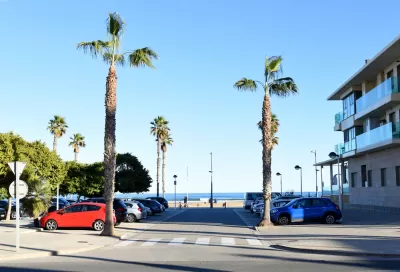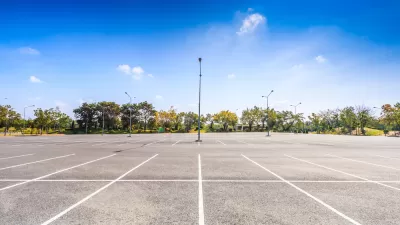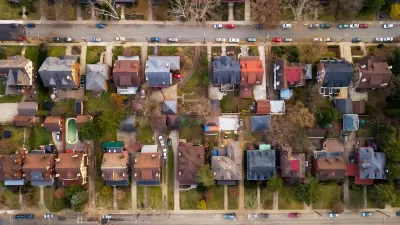The city’s decision to reinstate parking requirements for housing developments will likely slow the recent boom of ‘missing middle housing’ construction.

While other cities are moving to eliminate minimum parking requirements, Miami recently took a step in the other direction, requiring developers to adhere once again to parking minimums and removing city planners’ ability to issue waivers for projects located near transit.
According to Henry Grabar, writing in Slate, the 4-1 vote by the City Commission happened in a “peculiar fashion” and in opposition to the planning board’s 9-2 vote to keep the parking requirement suspension in place: “There was no study, no official rationale, and no sponsor who wanted to take credit.” Now, “Each new Miami apartment will once again be required to come with 1.5 parking stalls, rounded up, whether residents want them or not. The cost of building those spaces, spread across fewer units, will wind up raising rents—if the law doesn’t kill off projects altogether.”
Whatever the reason for the Commission’s decision, Grabar writes, “The decision will likely mark the end of Miami’s boomlet of ‘missing middle’ housing—the small buildings on small lots by small developers that have begun to densify and enliven the city’s core neighborhoods—and provide a cheaper alternative to most new construction.”
“[F]or the smaller players whose projects filled in vacant lots in the city’s core neighborhoods, the risk of waiting a year just to have an idea turned down may simply be too great.”
FULL STORY: How Miami Decided Parking Is More Important Than Housing

Alabama: Trump Terminates Settlements for Black Communities Harmed By Raw Sewage
Trump deemed the landmark civil rights agreement “illegal DEI and environmental justice policy.”

Study: Maui’s Plan to Convert Vacation Rentals to Long-Term Housing Could Cause Nearly $1 Billion Economic Loss
The plan would reduce visitor accommodation by 25% resulting in 1,900 jobs lost.

Planetizen Federal Action Tracker
A weekly monitor of how Trump’s orders and actions are impacting planners and planning in America.

Wind Energy on the Rise Despite Federal Policy Reversal
The Trump administration is revoking federal support for renewable energy, but demand for new projects continues unabated.

Passengers Flock to Caltrain After Electrification
The new electric trains are running faster and more reliably, leading to strong ridership growth on the Bay Area rail system.

Texas Churches Rally Behind ‘Yes in God’s Back Yard’ Legislation
Religious leaders want the state to reduce zoning regulations to streamline leasing church-owned land to housing developers.
Urban Design for Planners 1: Software Tools
This six-course series explores essential urban design concepts using open source software and equips planners with the tools they need to participate fully in the urban design process.
Planning for Universal Design
Learn the tools for implementing Universal Design in planning regulations.
Caltrans
Smith Gee Studio
Institute for Housing and Urban Development Studies (IHS)
City of Grandview
Harvard GSD Executive Education
Toledo-Lucas County Plan Commissions
Salt Lake City
NYU Wagner Graduate School of Public Service





























